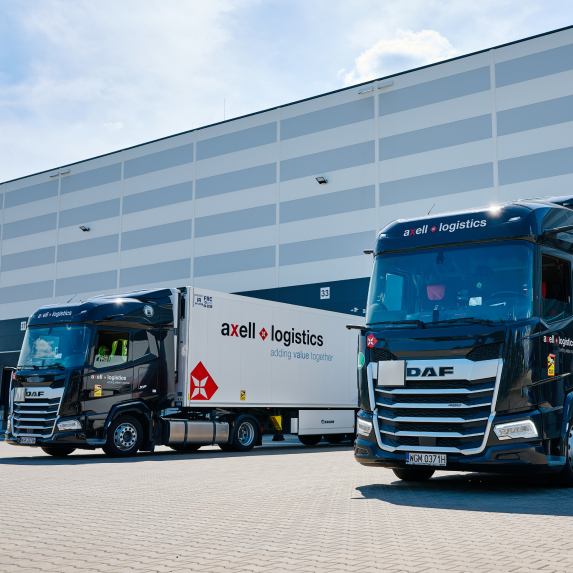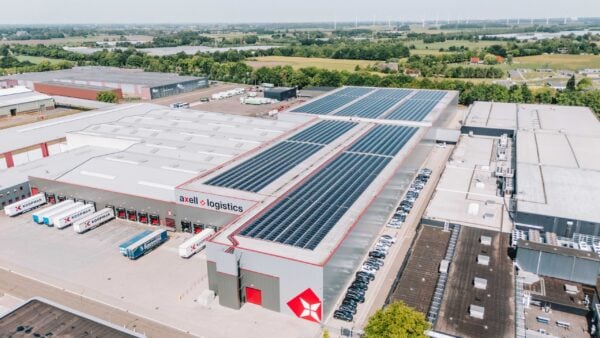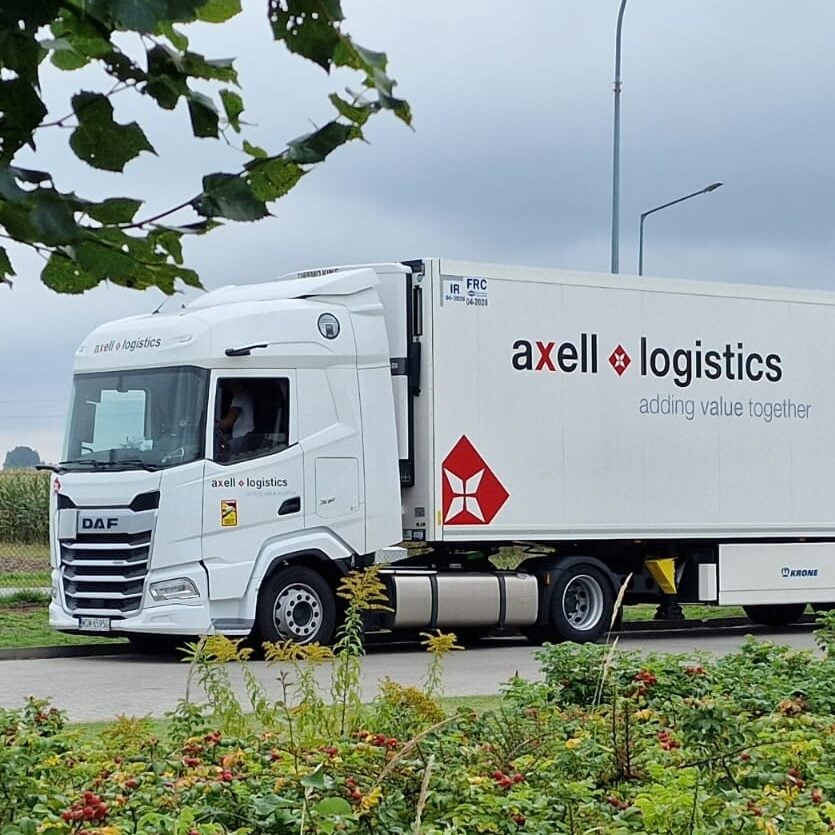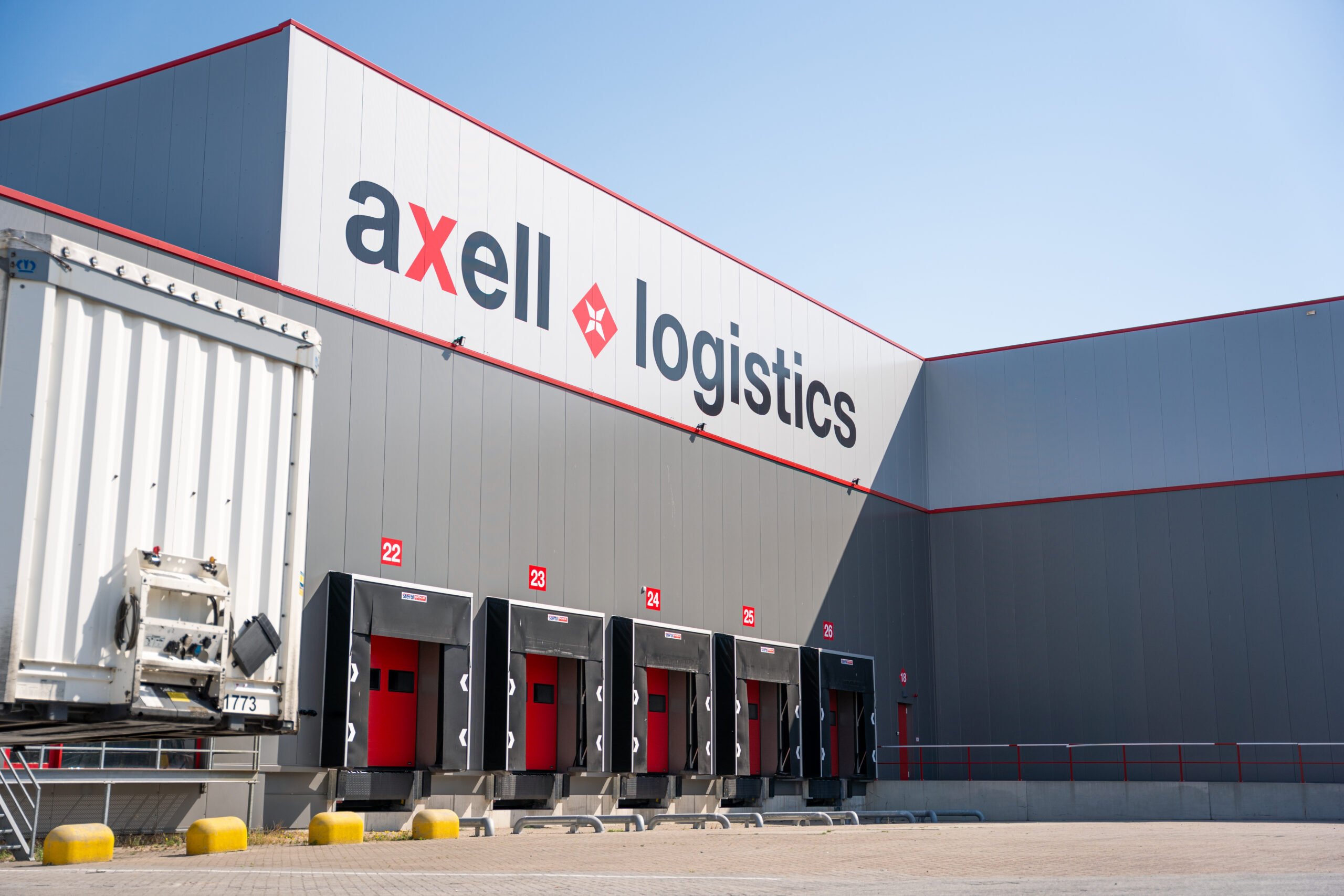We provide scalable fulfillment and distribution that adapts to seasonal peaks and customer demands — reliable, cost-efficient, and always on time.
Our strength in numbers
300.000+ pallets per jaar
40.000+ zendingen per jaar
98%+ leverbetrouwbaarheid
The benefits of cross-docking for your supply chain
Shorter delivery times
Lower storage costs
Reduced handling
Efficient inventory management
Shortened delivery times
At Axell Logistics, individual shipments are collected and consolidated in a distribution centre, after which they are transferred directly from inbound transport to long-haul trucks (linehaul) or local delivery vehicles, without storage.
This leads to faster sorting and dispatching of goods, significantly reducing lead times. This is especially vital for companies operating on a just-in-time basis, where timing is crucial and products must be delivered quickly. A well-coordinated cross-docking process at Axell Logistics guarantees a smooth flow of goods and increases flexibility across the entire supply chain. This is one of the key advantages of cross-docking.
Our values
Entrepreneurial
Axell Group fosters an entrepreneurial mindset within our organisation. We encourage innovation and proactive action to create new opportunities and serve our clients effectively.
Respectful
Respect is the foundation in everything we do. We value each individual and their contributions, ensuring a harmonious and productive work environment.
Transparent
Transparency is crucial in our business conduct. We ensure that all information is clear and accessible, so clients and partners are fully informed about their daily business.
Decisive
Our decisiveness enables us to act quickly and effectively. We make well-informed data driven decisions aimed at achieving the best results for our clients and our organization.
Solution-oriented
At Axell Group, we are always focused on finding practical and feasible solutions. We thoroughly analyze challenges and develop solutions that contribute to our clients’ success.
Sectors for cross docking
At Axell Logistics, you can rely on us for all your logistics challenges. For cross docking, we operate in sectors including the following.
More information
Retail
More information
More information
E-commerce
More information
More information
High-tech & Electronics
More information
More information
Healthcare
More information
More information
Food industry
More information
Outsource cross-docking with Axell Logistics?
Discover how cross-docking can optimise your logistics operations.
Contact our experts
Frequently asked questions
Which Companies Are Suitable for Cross Docking?
Cross docking is ideal for retailers, logistics service providers, manufacturing companies, and suppliers of perishable goods. Companies with fast turnaround times and well-organized supply chains benefit the most.
Does Cross Docking Contribute to Sustainable Transport?
Cross docking contributes to more sustainable transport by improving the overall efficiency of the supply chain. By reducing the need for long-term storage, the number of transport movements to and from warehouses can be limited, potentially saving fuel. Additionally, better-coordinated goods flow allows for more efficient route planning, which can lead to lower CO₂ emissions. However, it is important to emphasize that the sustainability benefits of cross docking depend on the specific logistics setup and transport structure of each company.
Is Cross Docking Suitable for My Industry?
Cross docking is particularly beneficial for companies with high inventory turnover, short delivery times, and just-in-time logistics. If your industry relies on fast distribution and a well-coordinated supply chain, this model can significantly increase efficiency and reduce costs.
What Is the Difference Compared to Traditional Warehouse Management?
In traditional warehouse management, goods are received, temporarily stored, and then picked and shipped. With cross docking, storage is minimal or even unnecessary. Products are transferred directly from incoming to outgoing transport. This shortens order processing times, lowers storage costs, and speeds up the flow of goods.



























